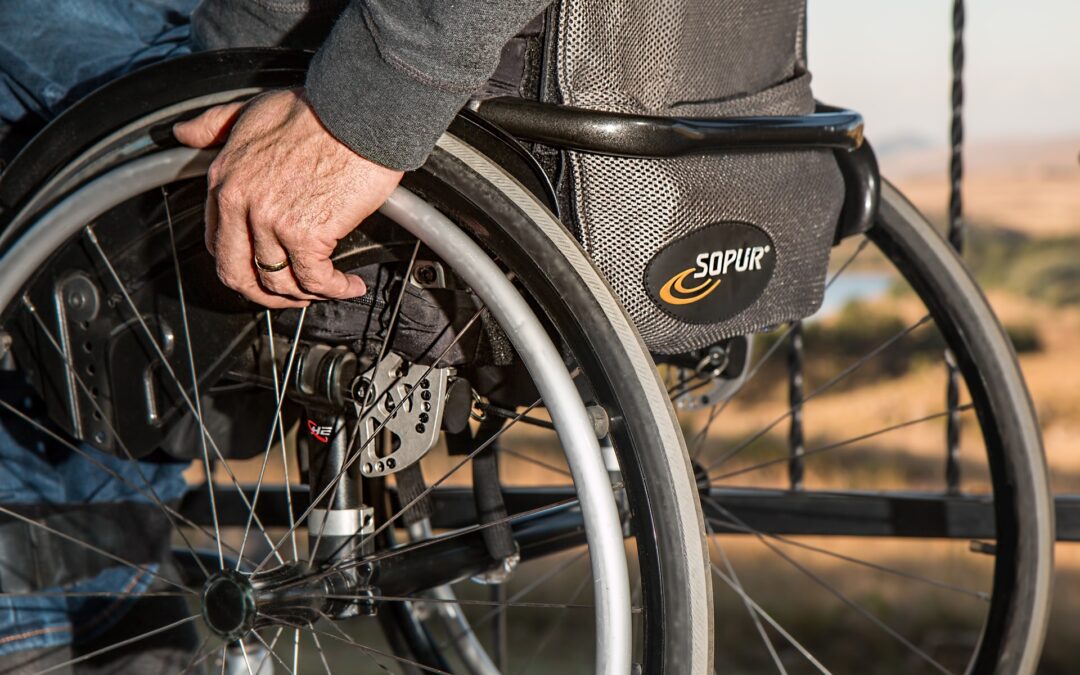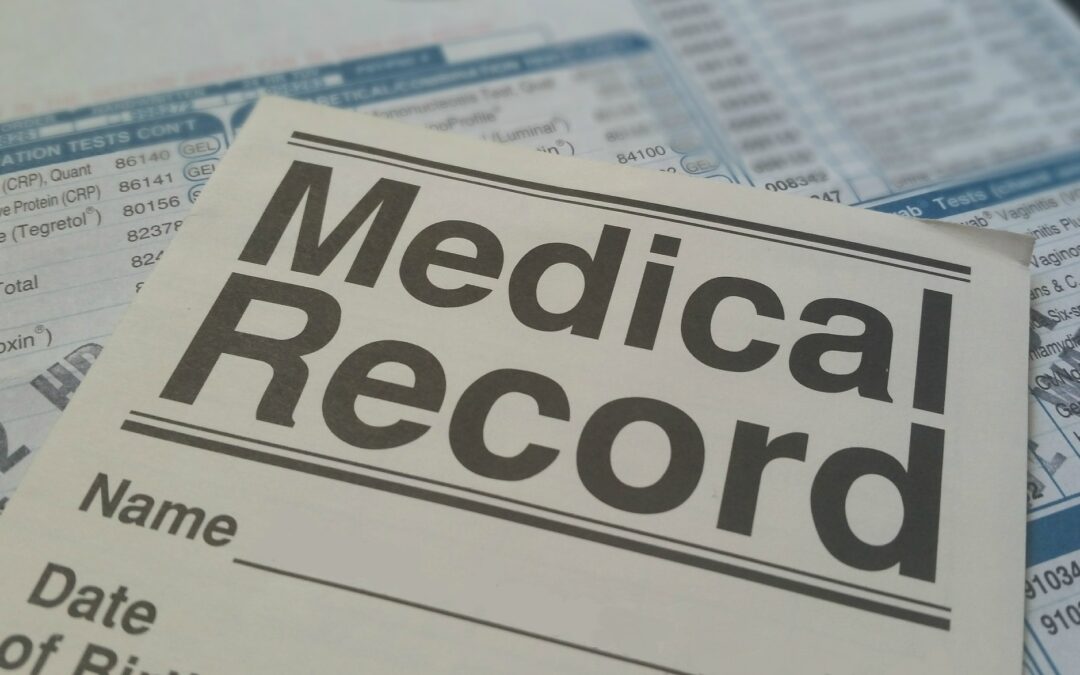Here are are seven Federal regulations that apply to compliance program that a practice must follow.

Love Pickleball? Register By April 26, 2024 for the Revolution Law Group Open (May 3-5)

Here are are seven Federal regulations that apply to compliance program that a practice must follow.

Digital kiosks used for check-in purposes at health care provider’s office, to gather insurance information or medical history must be accessible to everyone.

With the public health emergency ending in May of 2023, the DEA is proposing a revision of prescribing rules. Patients and providers alike will possibly have to meet some more stringent requirements.

A July 2021 study performed by Urban Institute found most NC’s new managed care program recipients were able to continue seeing their primary care provider but the transition has been far from smooth.

Going to a medical appointment routinely involves sitting or lying on specific equipment for your exam or procedure. If you are one of the estimated 3.3 million Americans who utilize a wheelchair every day, such transitions may prove difficult.

PHI (Protected Health Information), outside of a healthcare context, may be disclosed if it relates to matters of national interest or public concern. But of course, a “balancing test” must be performed to determine whether the public policy or interest outweighs the need for individual privacy in particular situations.

Since 1932, North Carolina has limited the liability of nurses properly executing the orders of physicians based on the Byrd v. Marion General Hospital case. The decision in Byrd essentially created protection for nurses from legal liability under specific circumstances. This 90-year-old precedent was overturned on August 19, 2022, when the North Carolina Supreme Court ruled on Connette v. Charlotte-Mecklenburg Hospital Authority, thereby creating a liability for nurses.

Recent Department of Health and Human Services guidance affirmed and encouraged telehealth care beyond the current Public Health Emergency by laying out some key HIPAA security considerations.

HIPAA enforcement actions were not enforced during 2020 and lower enforcement for 2021 but the Office of Civil Rights is gearing back up so make sure your staff is educated and following procedures.

Many of us in the real world must keep abreast of changes in billing systems, and Medicare is one of the primary payers for many practices. So, where is the best place to get answers to your Medicare related questions?